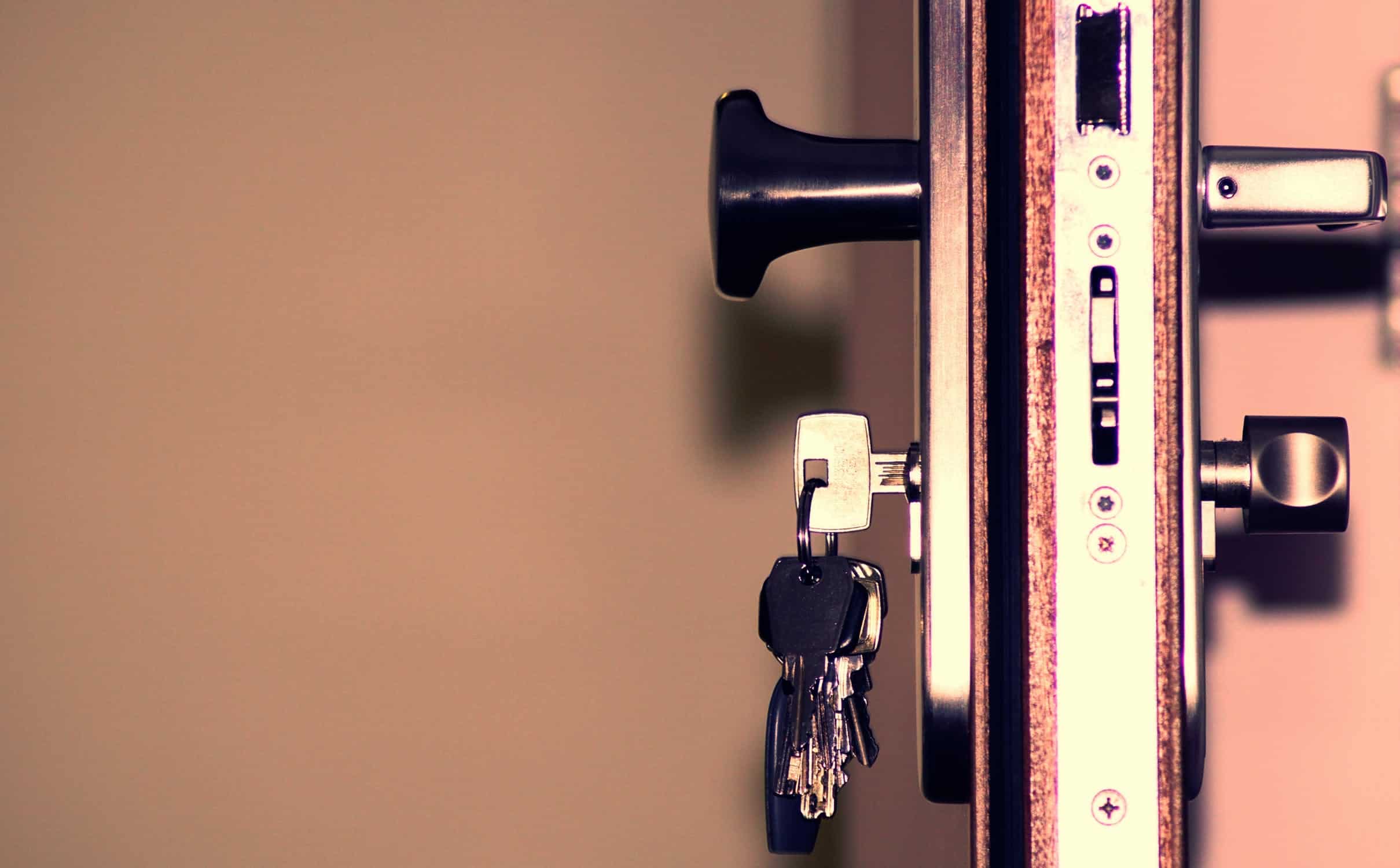Here’s Where You Can Buy a Home if You Make Less Than $50,000 a Year
Published February 21, 2019 at 7:53 pm

The conversation around homeownership in Mississauga and surrounding cities has been a challenging one, especially as prices remain high across all housing types in the city and surrounding municipalities (in fact, the average 905 condo is selling for over $400,000 and has been for sometime now).
But while it’s frustrating for experts–and non-experts who entered the market years ago–to tell prospective homebuyers that they’ll have to move to find an affordable housing, some people might be interested to know that there are indeed still places in Canada that offer affordable homes for single buyers with more modest salaries.
And a recent Zoocasa report reveals where solo homeowners-to-be on a budget might be able to purchase a home.
“While having a dual-income household can greatly improve purchasing power and the ability to qualify for a mortgage, that’s not to say homeownership isn’t in the cards for single-income earning buyers. In fact, according to recent calculations by Zoocasa in celebration of Single Awareness Day (February 15), there are a number of markets where it’s possible to buy a home on one income – and even have money left over,” says Penelope Graham, managing editor, Zoocasa.
Graham says that, to determine which markets were affordable, the average and benchmark home prices were sourced from regional real estate boards. It was then assumed the buyer would make a 20 per cent down payment and take out financing with a 3.29 per cent interest rate amortized over 30 years, to determine the minimum income required to qualify for a mortgage on the average home.
Those findings were then compared to median income data of “persons living alone who earned employment income” as reported by Statistics Canada.
So, where can solo buyers most easily afford a home?
Overall, single home buyers will see the best bang for their buck in Eastern Canada and the Prairie provinces, with Regina taking top spot out of 20 cities for greatest affordability.
There, a single buyer earning the median income of $58,823 would enjoy an income surplus of $20,025 on the average priced home of $284,424.
That’s followed by Saint John, where someone earning the median of $42,888 would see a surplus of $18,038 on a $181,576 home, and Edmonton, where earning $64,036 would net a $17,826 surplus on the average home price of $338,760.
MLS listings in Calgary, Lethbridge, Winnipeg, and Halifax also fall within the realm of affordability for single-income purchasers.
So, where are single buyers less likely to purchase a home? As expected, Zoocasa says the Greater Golden Horseshoe (which includes Toronto and the GTA), is out of most people’s budgets.
Graham says a buyer earning the median of $50,721 would fall a whopping $88,361 short on the average $1,019,600 for MLS listings in Vancouver. Toronto real estate listings are the second-least affordable with an average home price of $748,328; a buyer earning $55,221 would face an income gap of $46,858.
Victoria is the third least affordable with an average home price of $633,386, still $39,359 above what the relatively high median income of $86,400 could afford.
Other markets not considered affordable for single buyers include Guelph, Kitchener-Waterloo, London, Montreal, and Ottawa.
Naturally, the housing market is more difficult for single millennials to navigate.
Zoocasa says the research also compared how earnings ranged by age group per location, and which demographic enjoyed the greatest affordability when purchasing a home. Across every market, Gen Xers (35 – 44 and 45 – 54 age brackets) enjoy the greatest earnings and purchasing power, with 11 markets considered within affordable reach (compared to 10 markets across all age groups).
Millennials (aged 25 – 34) had the least earning power in each city, behind Boomers (aged 55 – 64).
Overall, single home buyers aged 35 – 44 purchasing a home in Regina enjoyed the greatest affordability of all, with an income surplus of $24,215. A millennial purchasing in Vancouver had the least, facing a gap of $92,774.
Check out the infographics below to see which Canadian housing markets are most affordable for single buyers, courtesy of Zoocasa.
Top 5 Most Affordable Housing Markets for Single Home Buyers
1 – Regina
Average home price: $284,44
Income required: $38,798
Actual median income: $58,823
Income surplus: $20,025
2 – Saint John
Average home price: $181,576
Income required: 24,769
Actual median income: $42,888
Income surplus: $18,038
3 – Edmonton
Average home price: $338,760
Income required: $46,210
Actual median income: $64,036
Income surplus: $17,826
4 – Saskatoon
Average home price: $290,736
Income required: $39,659
Actual median income: $55,758
Income surplus: $16,099
5 – St. John’s
Average home price: $295,211
Income required: $40,270
Actual median income: $51,964
Income surplus: $11,694
5 Least Affordable Housing Markets for Single Buyers
1 – Vancouver
Average home price: $1,019,600
Income required: $139,082
Actual median income: $50,721
Income gap: $88,361
2 – Toronto
Average home price: $748,328
Income required: $102,079
Actual median income: $55,221
Income gap: $46,858
3 – Victoria
Average home price: $633,386
Income required: $86,400
Actual median income: $47,041
Income gap: $39,359
4 – Abbotsford
Average home price: $590,900
Income required: $80,604
Actual median income: $46,714
Income gap: $33,890
5 – Hamilton-Burlington
Average home price: $550,058
Income required: $75,033
Actual median income: $51,253
Income gap: $23,778
INsauga's Editorial Standards and Policies

